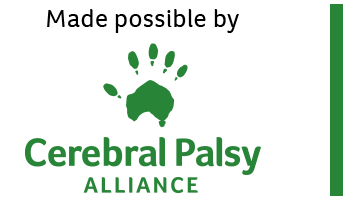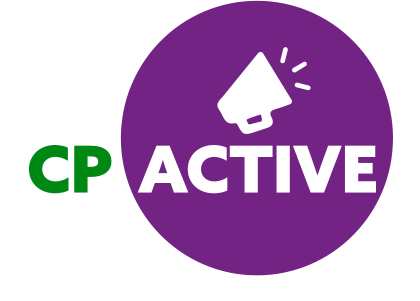Highlights from our Town Hall event with youth advocates

On 21st June, we held a Town Hall event with Australian of the Year Dylan Alcott and hosted by Elly Desmarchelier. Our panel of CPActivists spoke about their lived experiences of social inclusion at school, how they have had to advocate for themselves and the power of networking to get into the workforce. Watch the highlights […]
The future is yours: register now

The future of the NDIS is a hot topic, but what does this mean for young people with disability and have we heard enough of these voices throughout this Federal election campaign? So how do we turn this attention from a ‘moment’ into longer-lasting momentum for the change we need to see to create a […]
National Day of Action: 28 April
The NDIS has been a gamechanger for people with cerebral palsy, empowering our community with freedom and choice. But the NDIS is at a crossroads – help us to ensure that the NDIS isn’t forgotten about this election day. Join Cerebral Palsy Alliance for a fun, empowering day of community action on 28 April on […]
Meet Tamsin Colley: Australia’s youngest ever track and field Paralympian turns her sights to education
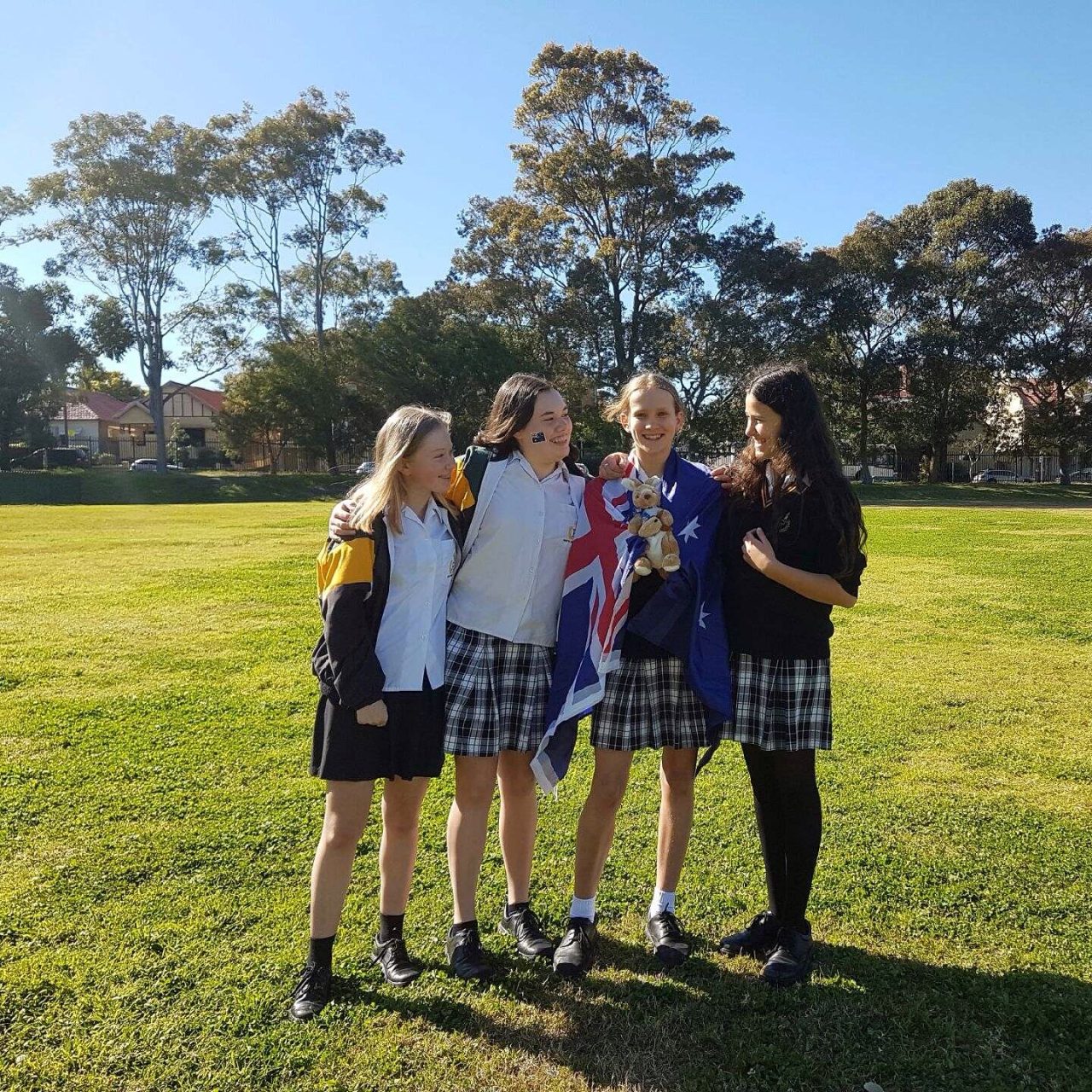
When Tamsin Colley arrived for the 2016 Paralympic Games she was the youngest member of the Australian team, turning fourteen in Rio. It’s an achievement most of us only dream of. As an athlete living with cerebral palsy, it also made Tamsin an advocate, a role she was eager to take up. “I was the […]
Cerebral Conversations: Work/Life Brilliance with Marley Lyras-Hull
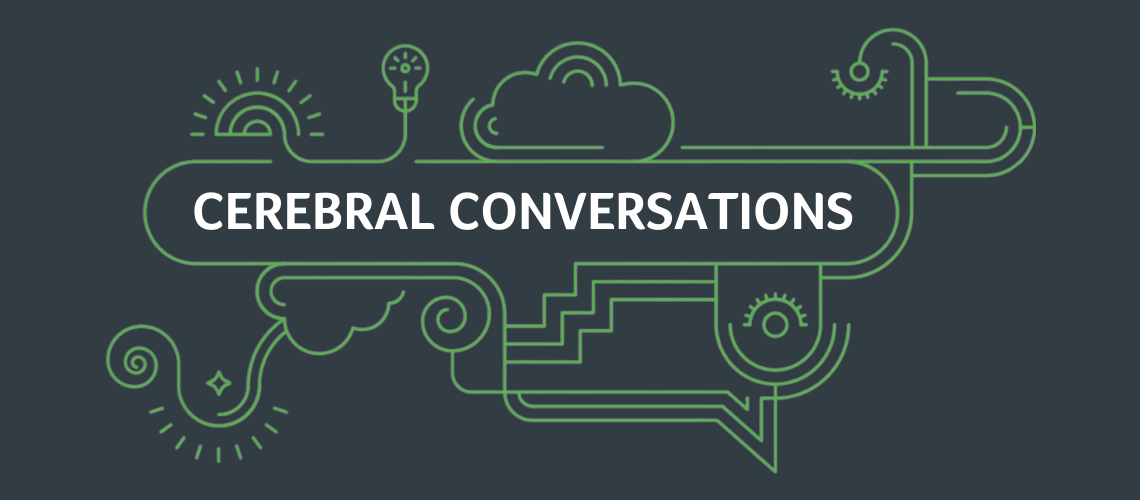
Marley Lyras-Hull is a master juggler, Cerebral Palsy Alliance employee, and is currently studying her fourth degree – and she shares the secrets behind her drive on the Cerebral Conversations Podcast.
She’s raising three daughters, one of whom lives with a disability, and Marley herself lives with cerebral palsy. When there really are only 24 hours in a day, how does she get it all done?
Marley talks about how she juggles ALL the things, what inspires her, and her tips for other parents living with a disability or parenting a child with disability.
A campaign to break the boundaries of love
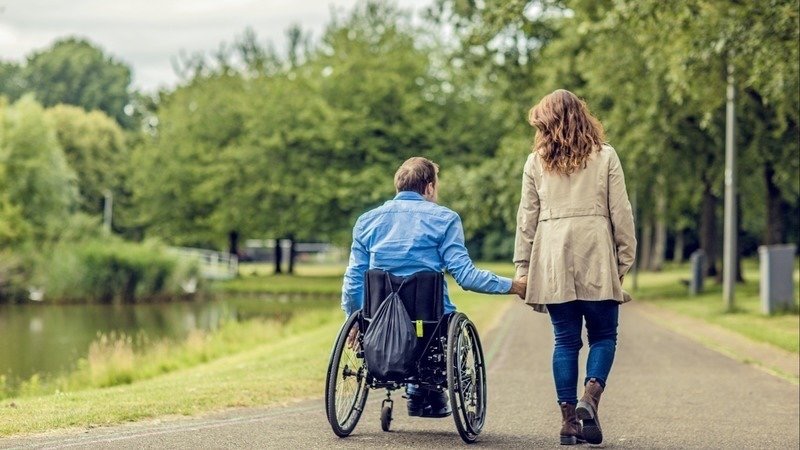
CPActive Champion Jerusha Mather is on a quest to find love. Living with cerebral palsy, Jerusha knows that for people with disabilities the journey can take extra twists and turns.
On major dating apps, people with disabilities often experience discrimination, where their prospects of being seen as a potential partner are often judged according to their disabilities.
CPA Intern Ananya: My Workplace Experience
By Ananya Choudhary My name is Ananya Choudhary, I am sixteen years old with Cerebral Palsy. I am in my last year of secondary education and currently studying at Macarthur Girls High School. I am interested in technology and I like creating digital content such as social media posts, posters, flyers and many more. As […]
Employment project: callout for consultations
The employment rates for people with disability are unacceptably low in Australia. Less than 50% of people aged 15-64 years with disability are employed, compared to 80% of their peers without disability. This gap has not changed for decades. Various projects, strategies and schemes have been implemented by federal and state governments. But despite this, Australia’s […]
Reflections from the 2021 celebration event
On 30 November CPActive hosted our final event of 2021. After a very strange year, it was fitting to look back on everything we’d achieved together. To relive some of our best moments and biggest achievements, check out the highlight video below! We also took a look forward to all the exciting opportunities for change […]
Podcast: ‘Changing Brains and Minds’ with Dr Iona Novak

Neuroplasticity is the secret ingredient for better brain power – and better outcomes for children with disability.
In this episode Professor Iona Novak, CPA’s Chair of Allied Health, co-founder of the CPA Research Institute and renowned journalist, author and broadcaster Tracey Spicer go deep into our grey (and white) matter to explore the brain’s ability to create new neural pathways and what that means for a child’s critical early years of neurological development. How can we rewire our brains by learning new skills? Why are some pathways a bit overgrown and others rather well-trodden? Can teenagers and adults harness neuroplasticity, and how is it relevant for people without disability?
